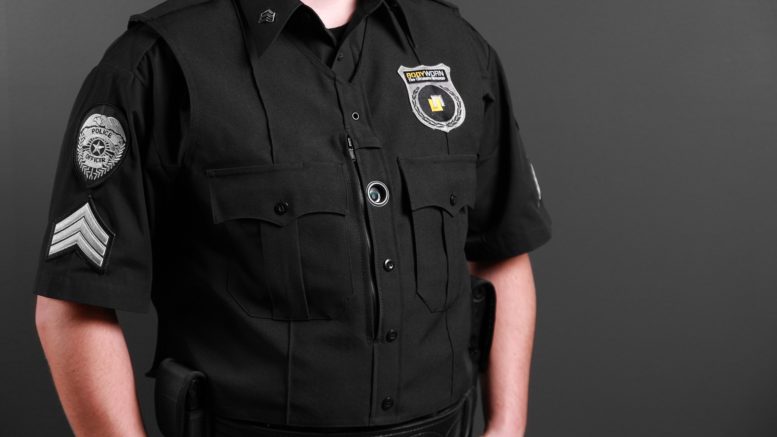The utilization of police body camera video is a contentious issue in Washington, D.C., as officers currently face restrictions preventing them from reviewing footage before writing reports. U.S. Attorney Matthew Graves, responsible for prosecuting cases in the District of Columbia, contends that this restriction hampers prosecutions, resulting in cases being dropped due to inconsistencies between officers’ narratives and the video evidence. Graves emphasizes the challenge officers face in accurately recalling events, likening it to the difficulty of remembering the order of people met in a room. He suggests that allowing officers to review footage before filing reports could address this issue and improve the accuracy of case documentation.
Criticism of Graves and his office has arisen, with accusations that he is behind in prosecuting criminals. Representative James Comer (R-Ky.) has expressed dissatisfaction with Graves, questioning his priorities. In response, Graves has defended his office, highlighting legal constraints, such as the limitations on body camera footage, as contributing factors to dropped cases. He argues that allowing officers to review footage before reporting would enhance the alignment between their narratives and the actual events captured on video.
Mayor Muriel Bowser’s office has taken steps to address this concern by crafting legislation to change the existing policy, permitting officers to review video before filing reports. However, this proposal has encountered opposition from the American Civil Liberties Union (ACLU). The ACLU argues that allowing officers to review footage poses the risk of biased recounts and compromises the integrity of crucial documents. They emphasize potential adverse effects, such as biasing an officer’s memory and overreliance on the footage, which, in their view, outweigh any perceived benefits.
Despite this opposition, Graves dismisses the concerns as theoretical, emphasizing the practical problems officers encounter in accurately documenting events. He suggests that the theoretical risks raised by the ACLU should not overshadow the practical benefits of allowing officers to review footage for improved accuracy in reporting. In neighboring jurisdictions, such as Prince George’s County, Montgomery County, and Fairfax County, officers are permitted to review body-worn camera video before writing reports. The legislation proposed by Mayor Bowser’s office, encompassing various changes to the law, is currently under consideration by the D.C. Council.

